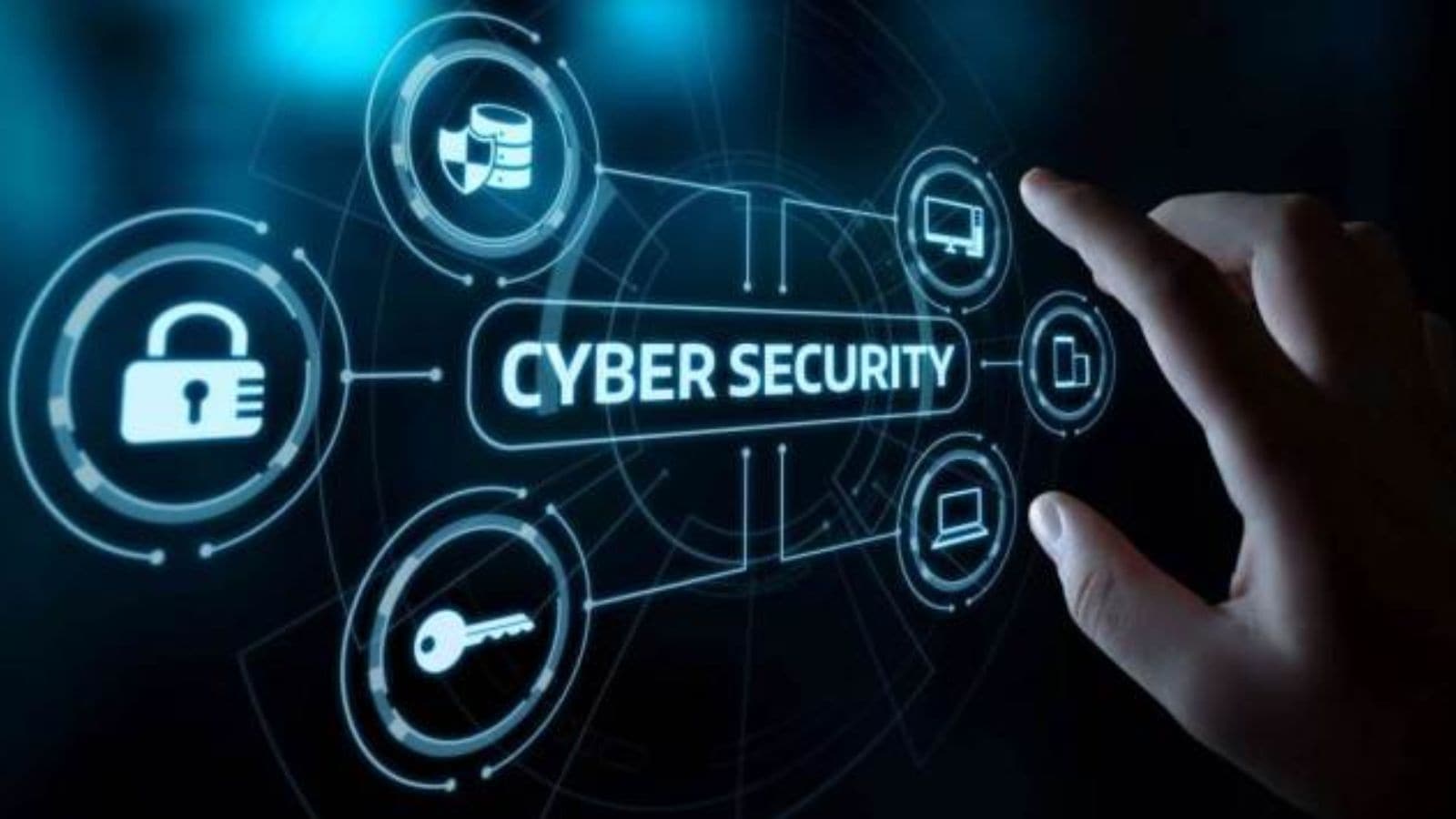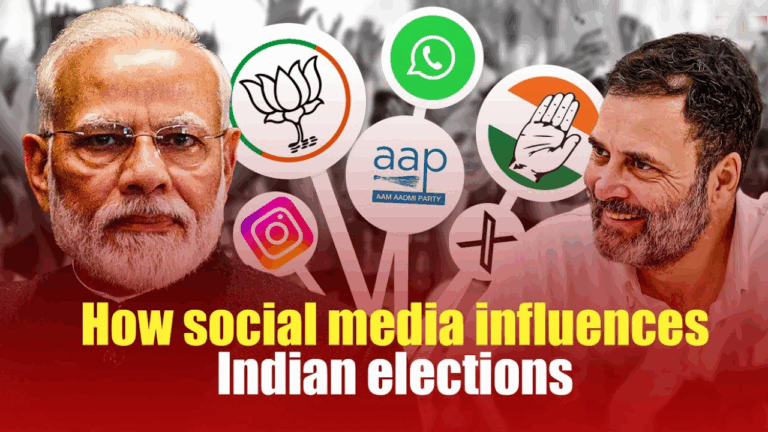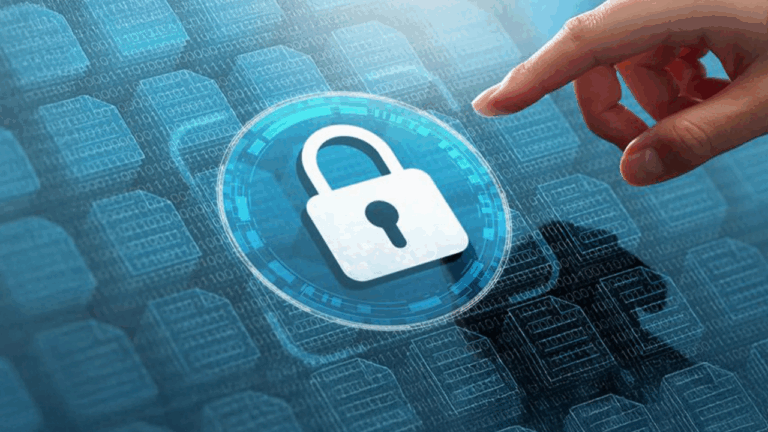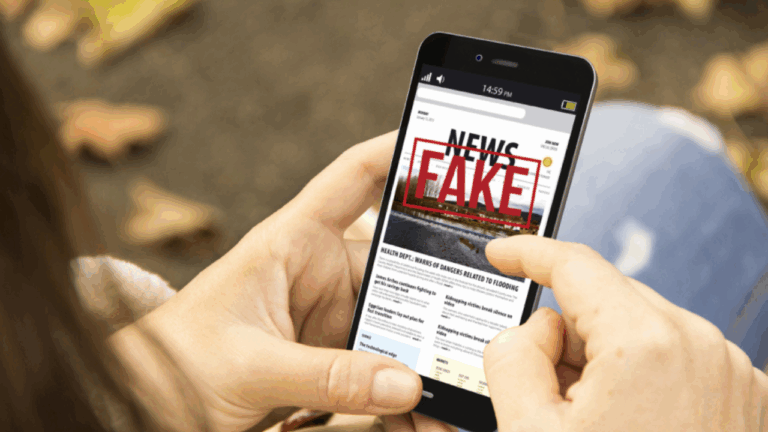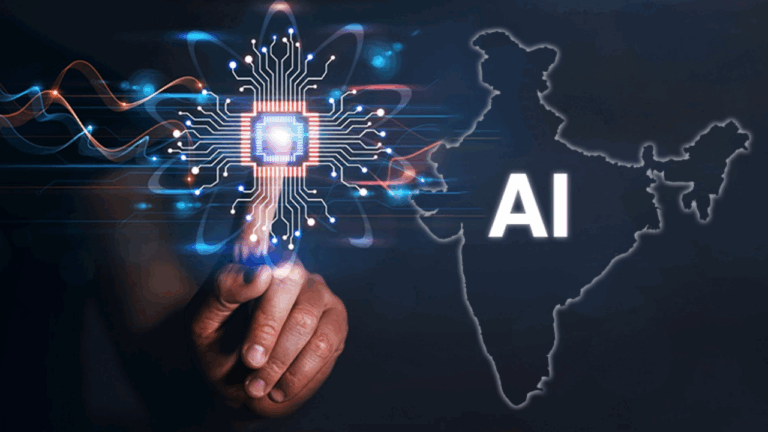Cybersecurity Threats in Indian Elections: A Growing Concern
Why Securing Our Votes Matters More Than Ever
Elections are the backbone of any democracy, and in a country like India — the world’s largest democracy — even a small threat can shake public trust. While physical voting booths are still secure, cybersecurity threats are becoming a real and serious issue during elections.
With the use of smartphones, social media, and digital platforms growing every day, it’s not just about who votes — it’s also about how digital tools can be misused to spread lies, hack systems, or manipulate public opinion.
Let’s understand the issue in simple terms through this guide from Social Impact Insight.
What Are Cyber Threats in Elections?
Cyber threats in elections refer to any digital activity that can:
- Disturb the election process
- Influence voters wrongly
- Steal private voter data
- Hack election systems
These threats may come from hackers, political groups, or even foreign agents who want to create confusion and mistrust in the voting system.
Types of Cyber Threats Indian Elections Are Facing
1. Fake News and Deepfakes
In recent elections, India saw many fake videos and social media posts. Some even used deepfakes — edited videos that look real but are completely false.
For example, videos of politicians saying things they never said were shared widely to confuse voters.
Why it matters: Many voters believe what they see online. Such content can wrongly influence opinions, especially in rural areas where digital literacy is low.
2. Data Leaks and Privacy Risks
Several reports have shown that voter data has been leaked online, including names, phone numbers, and locations. Hackers can use this data to send false messages, make scam calls, or even create fake IDs.
Why it matters: If people feel their personal info is not safe, they may lose trust in the system.
3. Hacking of Election Systems
Although the Election Commission of India claims that EVMs (Electronic Voting Machines) are safe and offline, some other systems — like voter registration databases — are still connected to the internet and can be attacked.
In 2024, multiple attempts were made to target government websites and election-related platforms.
How India Is Fighting Back
The government and Election Commission have taken a few important steps to protect our elections:
- Cybersecurity Cells: Special teams are now monitoring threats in real-time.
- Social Media Watchdogs: Authorities work with platforms like Facebook, Instagram, and YouTube to remove fake content quickly.
- Awareness Campaigns: Voters are being taught how to spot fake news and report it.
- Fact-checking Helplines: WhatsApp and phone services are available during election time to verify viral content.
Still, experts say more needs to be done — especially at the state and local level — to stay ahead of modern cyber threats.
What You Can Do as a Voter
You don’t need to be a tech expert to stay safe. Just follow these simple tips:
✅ Don’t believe or forward unverified news or videos
✅ Report fake content on social media platforms
✅ Protect your phone and apps with passwords
✅ Don’t share voter ID or Aadhaar numbers online
✅ Use official sources for election updates
Final Words
Cybersecurity in elections is not just a technical topic — it’s about protecting the voice of the people. In the digital age, the battle is not just at polling booths but also online, on mobile screens, and social media platforms.
India must keep its elections safe not just from fraud at polling stations, but also from invisible threats that spread through the internet.
To stay updated on more political and national issues in a clear and simple way, bookmark Social Impact Insight — your trusted news source made for Indian readers.

